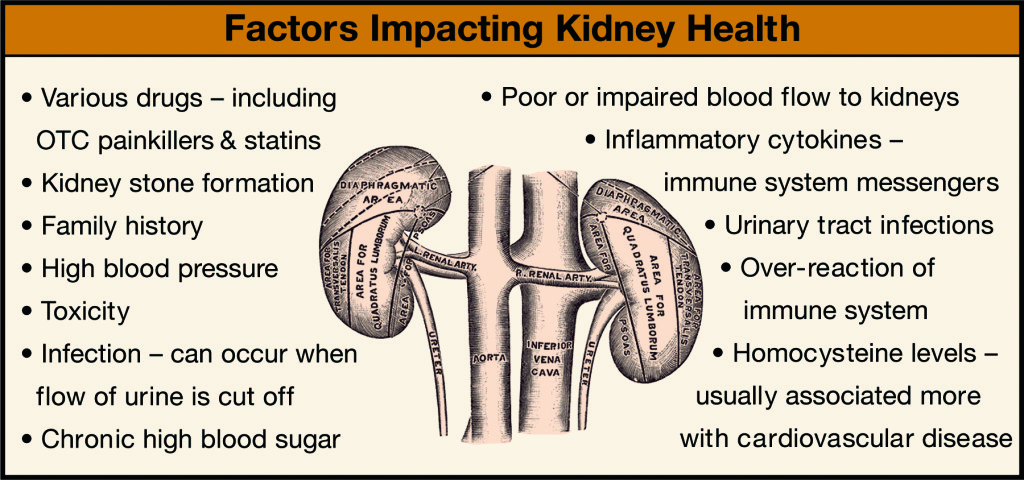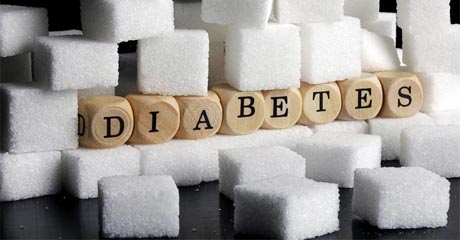Fighting addiction begins in the brain effectively
Fighting addiction begins in the brain effectively: To fight addiction, feed your brain

Fighting addiction begins in the brain effectively and this must be done with utmost care owing to the sensitivity of the brain. Essential nutrients must never be in luck
As the nerve center of human life, the brain is very essential in very many ways. Nothing will happen in the body without it being registered in and from the brain. The brain therefore plays an integral function in keeping the body communications to various parts of the body. Having known the importance of the brain, we now want to narrow our discussion to some of the specific role the brain play in fighting addiction. Therefore the focus of our discussion is going to be on the topic “fighting addiction begins in the brain effectively.” That topic begs to ask how is this possible and what do we know about the brain, addiction and effects of addiction to the brain? These are very fundamental questions of concern which we want to address progressively as we settle into the discussion. To help us in this, we are going to seek the professional opinion of experts from AWAREmed Health and Wellness Resource Center under the able leadership of doctor Dalal Akoury (MD) and founder of the same. To start us off, doctor Akoury shares with us her personal experience with her clients over the years as follows.
Fighting addiction begins in the brain effectively: Denial and denying the brain essential fats
As we have said time and again that denial is the biggest problem we all face when dealing with addiction, that fact is very evident in most clients that I have been privileged to help get through their addictive situations. At one point I was attending to a client who for purposes of confidentiality I will refer to as Miss XYZ. Ideally if you met Miss XYZ, you might presume she had everything to live for. And just to share briefly about her in her early thirties she was doing well as a junior executive who was married with two young children. Yet when XYZ opened up as she sat on my couch during a session, she narrated to me how her troubles at home and work had brought her, more than once, to put a killer knife at her wrist and imagine ending her emotional pain forever.
For over a decade Miss XYZ disorderly drank bottles of wine every night and regularly smoked marijuana alongside taking pain killers. Even though she knew her actions she denied it first to herself, her family and to me (her doctor) that substance abuse was a part of her problem. “I’m not an alcoholic,” she said with a lot of confidence. Because she was such a long way from even addressing her (conventional) addictions, I inquired about what else she was ingesting and so I ask “What did you eat for breakfast?” That question revealed to me that she wasn’t just intoxicating her brain but she was also starving it of the essential nutrients. It was almost a routine for her skipping breakfast most days and when she took it will be only a cup of coffee or glass of juice once in a while. According to her, she put soy milk in her coffee because she thought that all dairy and meat products were unhealthy. She also avoided fat in all her foods because she believed fat would make her fat (are you like her?). What she didn’t know is that the brains rely on healthy fats for their functioning and for that reason two fats, EPA and DHA, are particularly known for their mood-boosting qualities. By avoiding any fats she was literally avoiding foods that would provide her brain with these naturally essential and therapeutic molecules.
Doctor Akoury continues that realizing all these she asked her to go to a local lab for some blood test. We talked about her making some dietary changes, especially the merits of nutrient-rich brain foods, such as eggs and fish. She admitted in a guilty whisper, “I’ve been craving a hamburger” and you will agree with me that wasn’t really surprising. Like a good number of other women of reproductive age, her there was great deficiency of iron in her blood further explaining what was lucking in her body to function well. With this deficiency she actually felt listless; she lacked the energy to cope with her demanding job and a family as well.
Fighting addiction begins in the brain effectively: Certifying the brains nutrient needs
With so many challenges standing in the way of recovering from addiction, the simplest first step is to stop depriving your brain of good and necessary food and nutrients. Experts from AWAREmed Health and Wellness Resource Center are very categorical that recovery will partly depend on developing new chemical pathways by which the brain overcomes habitual behaviors. This we want to emphasis that you owe it to your recovery as it will nourish the brain to poise it for better learning, stable moods and less intrusive cravings. Even though there are so many bad things Miss XYZ did, the good news is that eating to support recovery need not be a deprivation: It can be delicious and remember that when you feed your brain with essential nutrients from their natural sources, you are taking better care of yourself, which is a fundamental step in rebuilding your brain and your self-esteem. A diet geared to stabilize mood and minimize cravings will be high in omega-3 fats from fatty fish, folates from leafy greens, vitamin B12 from eggs and meat, and the many brain-healthy nutrients amply found in colorful fruits and vegetables. Instead of the sugar (dopamine) rushes from eating simple carbohydrates, the sustained feeling of fullness from healthy foods can fortify you in your recovery.
Finally when Miss XYZ changed her diet, her moods stabilized and her suicidal thoughts dissipated. The killer knife was now used properly for cutting meat, fish, and vegetables. The conclusion of my therapy with her was that a better-nourished brain and taking control of her eating habits were very instrumental steps in addressing her alcohol and drug problem. At this point she could now listen to the concerns of family members about her addiction. She became more responsible and registered with a support group. She stuck with her diet and got in the habit of regular exercise instead of daily sugar or alcohol. Miss XYZ is now celebrating many years of sobriety a recovery journey that began when she took her first bite of real food for breakfast. You can also benefit from the same by scheduling for an appointment with doctor Dalal Akoury today for the commencement of your recovery program.
Fighting addiction begins in the brain effectively: To fight addiction, feed your brain



 Blood sugar is root-controlled by 3 major organs; pancreas, liver and the
Blood sugar is root-controlled by 3 major organs; pancreas, liver and the 








 Aromatherapy refers to the use of
Aromatherapy refers to the use of 




